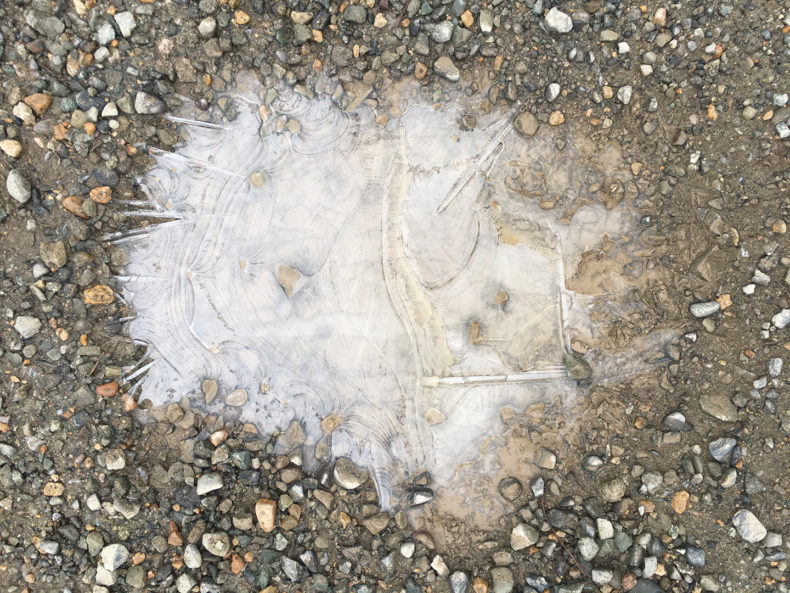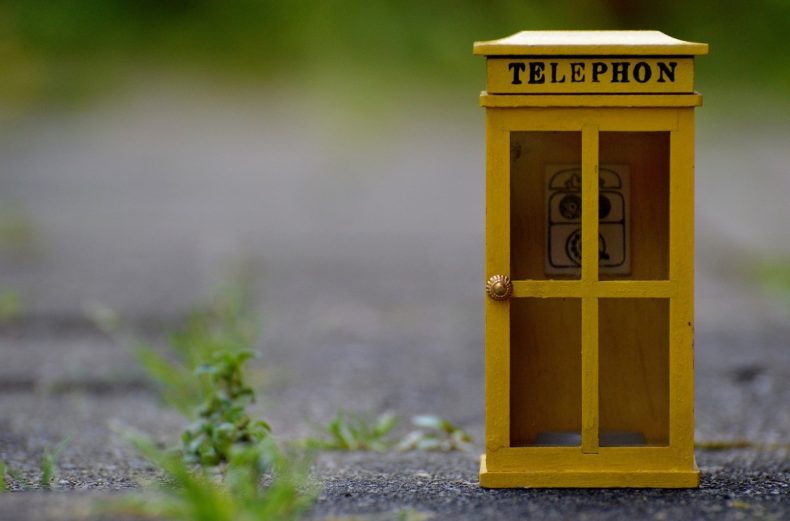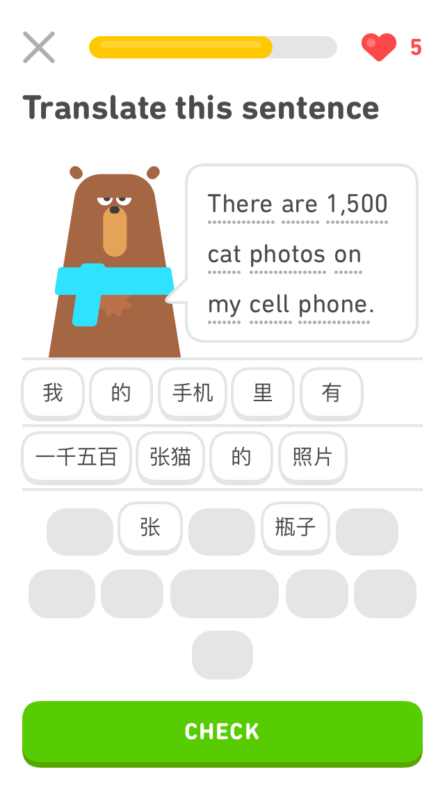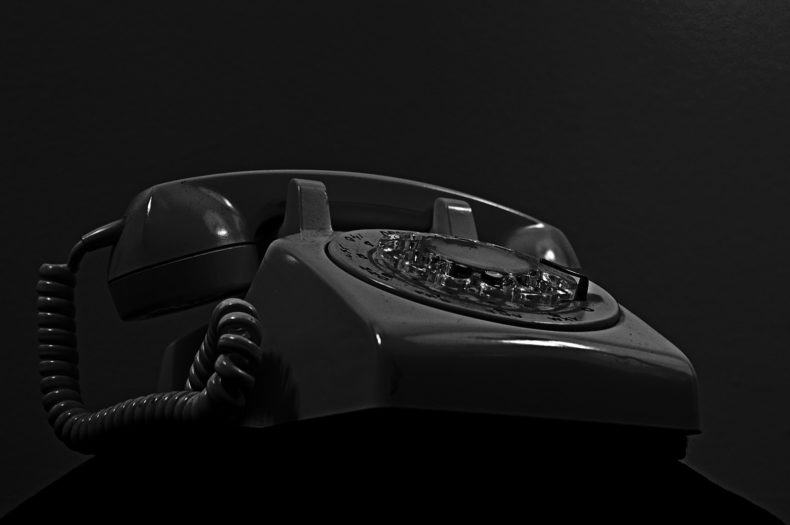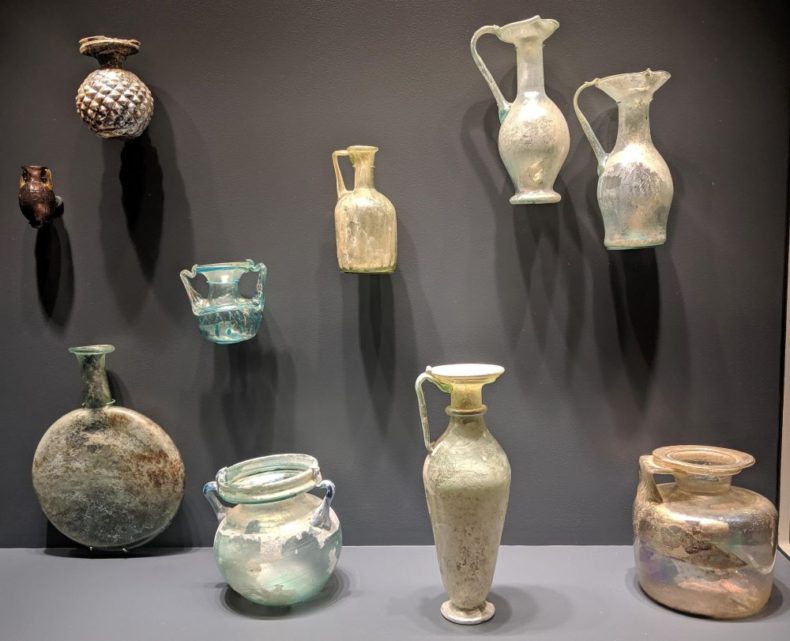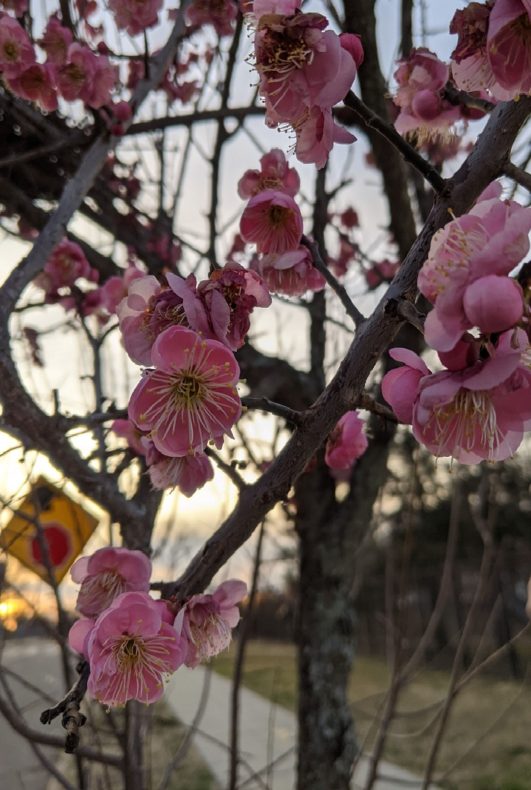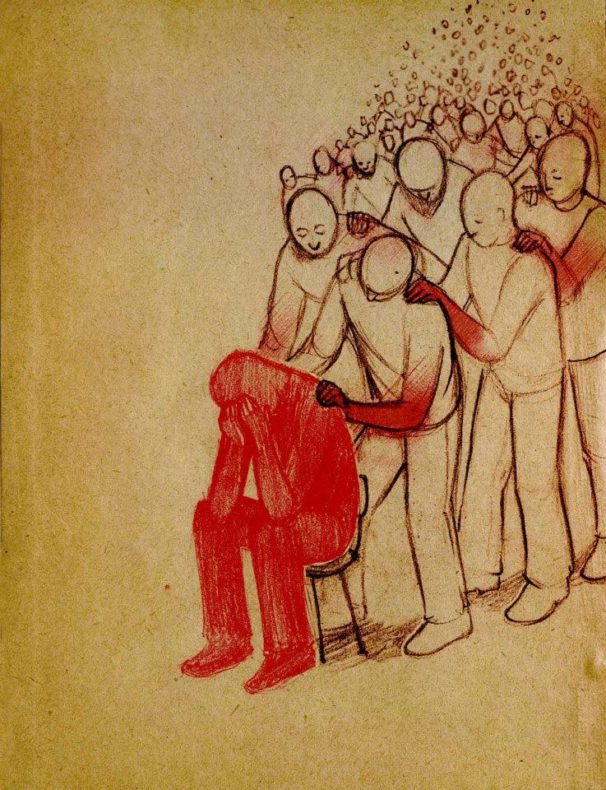
There’s something wrong with men. I am one, I feel it. Something is broken. The last two mass shootings — two massage spas and a grocery store — might be old news by the time you read this, but it feels like an open wound.
How are you doing?
We say we’re becoming numb and I don’t believe it. I have never hurt so much in my life. No matter how loud you turn up the radio or how many devices you bury your head in, it still hurts.
Does it need to be said that the shooters were male? They almost always are. If we’ve got one thing going for us, it’s consistency. I don’t want to determine here on this page why men indiscriminately kill, but I want to recognize that this is a thing being done by men. Women have their own brand of rage I’ve found, but that is not my business to solve. It does not leave so many bodies on the ground. Women are murderers, there’s no doubt. I taught a writing workshop several years ago in a women’s prison in Anchorage, Alaska, and sat in a circle of women, some of whom had killed. Good writers, I have to say, enthusiastic about the craft. They had their demons, and maybe they weren’t so different from any of ours, but I’m not talking about theirs. I imagine they had reason to kill. I didn’t ask.
I didn’t grow up fighting, but I grew up male. My dad was a brawler. We were playing pool and a guy stacked quarters on our table. My dad didn’t like his look and swiped his coins to the floor, saying, “Go play with yourself.” As in, don’t interrupt me and my son, but in a less polite way. I talked the guy down. I’m better at that than fighting, maybe it’s growing up with a single mother.
Continue reading